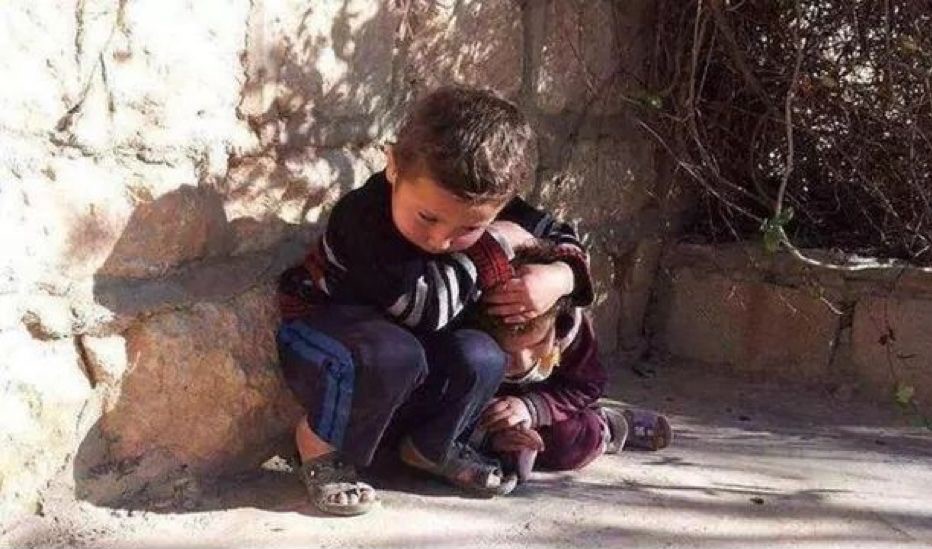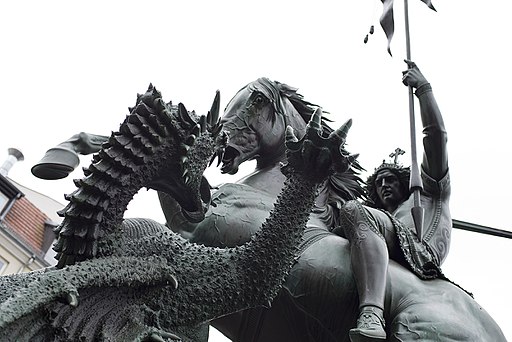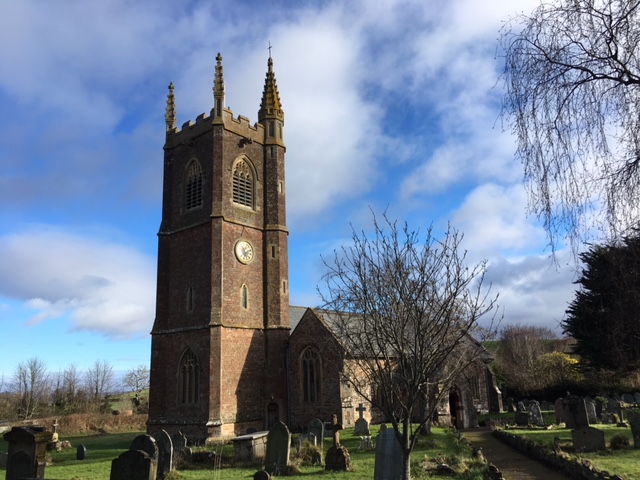 Looking at this picture (left), we see a child sheltering his sister from bombs in Syria. The picture is both beautiful and horrific. It is beautiful in that this young child is shielding his small sister from the bombs with his own body. It is horrific in that vulnerable innocents should never be subjected to this. And, of course, it’s not just in Syria that this is happening. It’s happening in Yemen where children are being bombed with weapons made in Britain, making us complicit in this horror. Children were casualties in the bomb attack in Kabul, Afghanistan, where at least ninety five people were killed. Yesterday (27th January) was Holocaust Memorial Day: 1.5 million children were lost to the holocaust. Many say that in the world there is battle between good and evil taking place – these facts prove it. Whoever we think is right or wrong in a conflict, there can never be a justification of the slaughter of innocents.
Looking at this picture (left), we see a child sheltering his sister from bombs in Syria. The picture is both beautiful and horrific. It is beautiful in that this young child is shielding his small sister from the bombs with his own body. It is horrific in that vulnerable innocents should never be subjected to this. And, of course, it’s not just in Syria that this is happening. It’s happening in Yemen where children are being bombed with weapons made in Britain, making us complicit in this horror. Children were casualties in the bomb attack in Kabul, Afghanistan, where at least ninety five people were killed. Yesterday (27th January) was Holocaust Memorial Day: 1.5 million children were lost to the holocaust. Many say that in the world there is battle between good and evil taking place – these facts prove it. Whoever we think is right or wrong in a conflict, there can never be a justification of the slaughter of innocents.
I recently joined Wassail ceremonies in Porlock and here in Carhampton. In Porlock proceedings started with a drama about St. George’s fight with the dragon: it was the traditional battle between good and evil which St. George won. The Wassail ceremony itself is about chasing away the evil influences that might blight the apple crop. Again, it’s that battle between good and evil with which every generation has to contend.
This morning’s first reading from the book of Revelation (12.1-5a) is about the battle between good and evil. In it, we heard of the birth of a child, which, in the words of the Revelation, ‘a great red dragon’ was wanting to devour. When the child was born, he was immediately snatched up and taken to the protection of the throne of God. We later discover that this child was Jesus Christ. We also discover later in the book that the dragon, the personification of evil, was finally defeated. Now this was not a comic-book story written to frighten children before they went to bed, but it was written for Christians going through persecution. Revelation, one of the most radical, puzzling and fascinating books in the Bible makes a great deal of sense to the persecuted, even today.
 Let me give some background to the Book of Revelation. Some fifty years or so after Jesus Christ, Domitian was the Roman emperor. Domitian was ruthless to all whom he considered posed a threat. Christians, who were frequently used as scape-goats at the time, had a particularly difficult time with Domitian: many were persecuted and some were killed. It was during this time of persecution that the book of Revelation was written. People unsympathetic to Christianity who read it would probably understand very little, as it would look like a book of mythological stories. But Christians going through the traumas of persecution saw it as written in code to which they had the key. For persecuted Christians it was a form of underground protest literature which gave them hope and encouragement. In the middle of their trials they were given a glimpse of the future. It was as though they were briefly being lifted up in a helicopter to get an overview or the long view. Revelation says that there would be suffering and struggle and difficulty brought about by the evil they were facing, but the book makes it clear that Christ was ultimately victorious over evil. In this battle between good and evil, between light and darkness, good and the light would not be overwhelmed by evil and darkness. Other beliefs at the time taught that the battle between good and evil would be around as long as the world was around, but Christianity had a different view. Yes, there would always be struggle, difficulty and suffering…..but evil would not win in the end. There may still be battles, but the war was won. It was won when, at his resurrection, Jesus Christ showed that even death was not the end but could be overcome. As St. John put it at the beginning of his Gospel when he was talking about the birth of Jesus Christ, ‘The light shines in the darkness, and the darkness did not overcome it.’ (John 1.5) The outcome of the battle between good and evil had already been decided.
Let me give some background to the Book of Revelation. Some fifty years or so after Jesus Christ, Domitian was the Roman emperor. Domitian was ruthless to all whom he considered posed a threat. Christians, who were frequently used as scape-goats at the time, had a particularly difficult time with Domitian: many were persecuted and some were killed. It was during this time of persecution that the book of Revelation was written. People unsympathetic to Christianity who read it would probably understand very little, as it would look like a book of mythological stories. But Christians going through the traumas of persecution saw it as written in code to which they had the key. For persecuted Christians it was a form of underground protest literature which gave them hope and encouragement. In the middle of their trials they were given a glimpse of the future. It was as though they were briefly being lifted up in a helicopter to get an overview or the long view. Revelation says that there would be suffering and struggle and difficulty brought about by the evil they were facing, but the book makes it clear that Christ was ultimately victorious over evil. In this battle between good and evil, between light and darkness, good and the light would not be overwhelmed by evil and darkness. Other beliefs at the time taught that the battle between good and evil would be around as long as the world was around, but Christianity had a different view. Yes, there would always be struggle, difficulty and suffering…..but evil would not win in the end. There may still be battles, but the war was won. It was won when, at his resurrection, Jesus Christ showed that even death was not the end but could be overcome. As St. John put it at the beginning of his Gospel when he was talking about the birth of Jesus Christ, ‘The light shines in the darkness, and the darkness did not overcome it.’ (John 1.5) The outcome of the battle between good and evil had already been decided.
In this picture we see all that encapsulated. That little boy was not going to give in to the evil that was raining down upon him and his sister. Instinctively, he knew that suffering and evil should not be allowed to win. The Christian Gospel assures us that this is the case.
 It is our calling as Christians to live our lives in the light of the truth that the battle between good and evil has already been won – but it is not always easy to do this, especially when everything seems to be falling apart around us and we are suffering too. We can’t do it alone. We will need the love, support and encouragement of others.
It is our calling as Christians to live our lives in the light of the truth that the battle between good and evil has already been won – but it is not always easy to do this, especially when everything seems to be falling apart around us and we are suffering too. We can’t do it alone. We will need the love, support and encouragement of others.
It is also our calling to shape the world around us in the light of this truth. We have a part in shaping our world. This involves speaking up in our community, in our church, in our family and in our nation against injustice and hatred and speaking on behalf of those who are pushed to one side and have no voice. And maybe we should be reminding our politicians who supplies some of the weapons that are slaughtering the innocents.
Readings: Revelation 12.1-5a; Mark 1.21-28.
Preached at Carhampton Church, West Somerset (image 3) on 28th January, 2018. Last Sunday after Epiphany.
Image 2 by Steve Collis, Melbourne, Australia (St. George and the Dragon)

